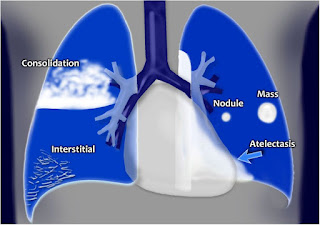canned food clostridium botulinum :: Article Creator Can You Store Canned Foods In The Refrigerator? You probably know that canned items are among the foods you don't actually have to refrigerate. When stored correctly, canned foods can last anywhere from 18 months to five years, depending on the food. However, could you opt to store your canned food in the fridge if you simply wanted to? While you technically can, it's not recommended. If your canned items are unopened, the USDA advises against storing the cans in the fridge unless it's for a very short time. Canned items should be kept away from environments that are exposed to extreme temperatures, such as the fridge and the freezer. In fact, eating frozen canned food is a disaster waiting to happen as any potential freezing, thawing, and re-freezing can put you at risk for botulism. Additionally, environments that have high humidity and moisture levels can cause the cans to deterio...






